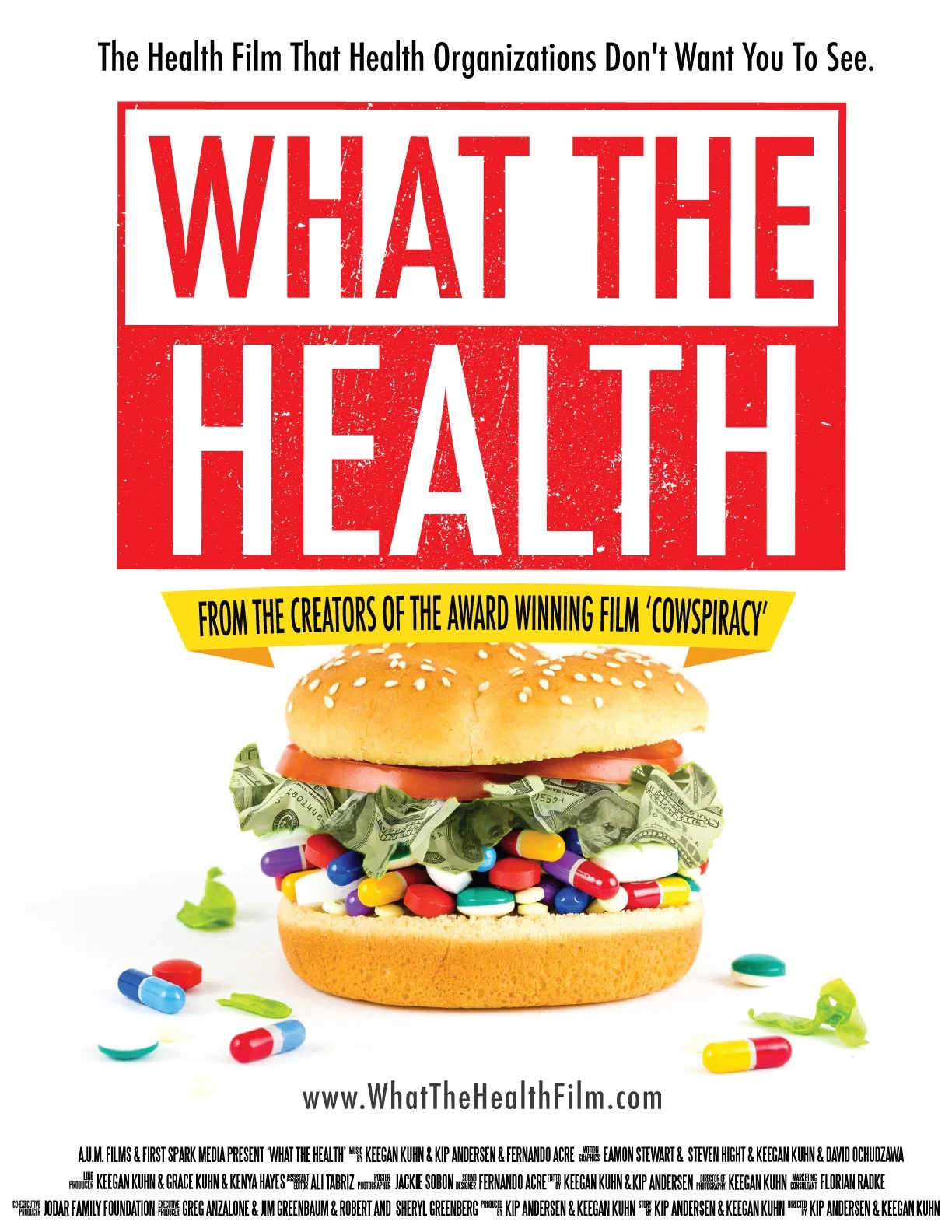Is Exercise an Effective Treatment For Depression?
Written by Margaret (Maggie) Prosser, BS, CPT
A new peer-reviewed study went viral on TikTok comparing various exercise modalities to psychotherapy and antidepressants in treatment of major depressive disorder. The study included participants of all ages who meet clinical thresholds or were diagnosed by a clinician. Researchers analyzed 218 randomized control trials investigating walking or jogging, cognitive behavioral therapy, yoga, exercise with a selective serotonin reuptake inhibitor (SSRI), aerobic exercise with therapy, strength training, mixed aerobic exercises, tai chi or qigong, aerobic exercise with strength training, and a SSRI alone. SSRIs are a class of drugs used as first line treatment for depression.
The study aimed to find the most effective exercise modality and dose for treatment of depression to guide consistent recommendations internationally. We already know that a healthy diet and exercise are recommended alongside SSRIs by many professionals, but what programs are going to make the most positive impact?
Which type of exercise had the biggest impact?
The authors concluded that walking or jogging, yoga, and strength training are the best options in potential treatment of clinical depression with all ages, genders, and health statuses in mind. Higher intensity of any of these modalities proved to be more beneficial. Dance showed large effects compared to other modalities, but of the 218 studies reviewed only 3 of the studies considered dance with small population sizes of 88% women. Small population sizes with single gender research designs make it difficult to conclude outcomes for the public. Yoga was found to be more beneficial in treating depression for older men and strength training was more beneficial for younger women. Effects were stronger for group exercise and interventions with clear exercise prescriptions.
Final Thoughts
Yes – definitely add exercise to your treatment routine for depression! Exercising, especially walking or jogging, is a low-cost alternative to traditional treatments like psychotherapy or antidepressant. This review suggests some exercise intervention could be effective alongside core treatments for depression.
Starting your weight loss journey can be intimidating, but don’t worry! Click here to learn more about how The Millennial Nutritionist can pair you with a nutrition professional to get you on track to your goals in a healthy and sustainable way.
Check out the rest of our blog posts for more ideas on weight loss!
References
Noetel M et al. Effect of exercise for depression: systematic review and network meta-analysis of randomised controlled trials. BMJ. 2024;8417(384). doi: 10.1136/bmj-2023-075847.





